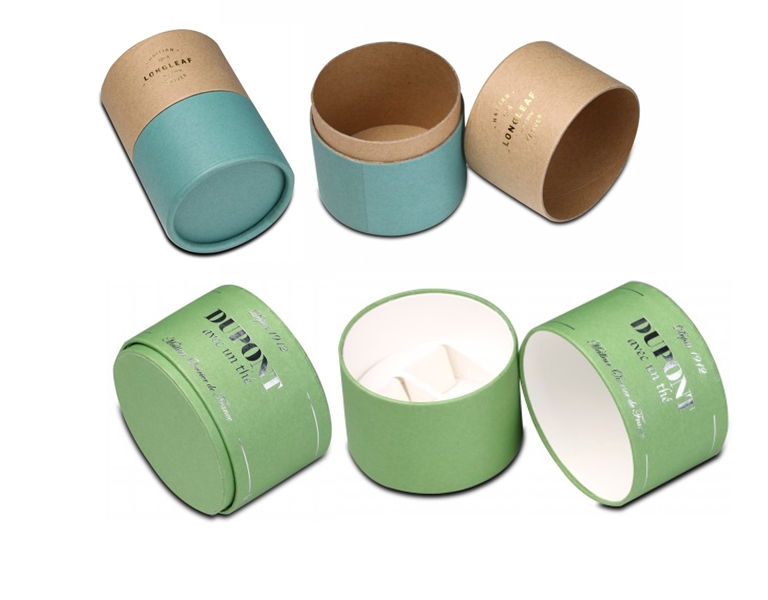There is a mother in Australia who has a "oppositional resistance disorder" and is very sensitive to many chemical ingredients. For her love for children, she has carefully studied the potential dangers of various daily necessities and foods. The experiment took out the “Ten Poisons†hidden in daily life and wrote them into books.
Alcohol in mouthwash
Alcohol, an essential ingredient in mouthwash, may make the body more susceptible to carcinogens. A study published by the National Cancer Institute in Australia in 2009 showed that mouthwashes have an alcohol content of 25% or higher and are associated with cancer of the mouth, tongue and throat.
2. Preservatives in bread
The bread contains a preservative called calcium propionate (E282). Its harm to the human body is slowly accumulated. Studies have shown that it is associated with intestinal disorders and migraine, and can lead to learning difficulties and persistent fatigue.
3. Diethanolamine (DEA) in the care product
Shower gel and lotion contain a substance called diethanolamine. Diethanolamine chemically reacts with nitrates in the product to form a potential carcinogen, nitrosamines. In addition, diethanolamine may also irritate the skin and mucous membranes.
4. Fluoride in toothpaste
Toothpaste contains fluoride more or less. Fluoride is a potential "poison". Even if it is only ingested in a very small amount, it will have adverse effects on health and even cause poisoning, and the toxicity can accumulate. A study by the National Cancer Institute found that fluorination is associated with annual cancer deaths in the United States. In this regard, Wang Peng, Ph.D., Department of Preventive Medicine, Beijing Stomatological Hospital affiliated to Capital Medical University, reminded that fluoride toothpaste must be used correctly. Adults should not exceed 3.4 mg per day. Children between 7 and 15 years old should not exceed 1.9 mg to 2.1 mg. It is easy for children to swallow toothpaste when brushing their teeth. It is recommended not to use fluoride toothpaste for the time being.
5. Formaldehyde in nail polish
The pungent smell of nail polish is the formaldehyde that we often hang on our lips and avoid it. It takes a long time to contact, which can cause inflammation of eyes, nose and throat, cough, asthma attack, shortness of breath, nausea, vomiting, rash. , nosebleeds, headaches and dizziness. Since 1987, the International Agency for Research on Cancer (IARC) has listed formaldehyde as a Class 2A carcinogen.
6. Phenylenediamine in hair dye
Most hair dyes on the market use a chemical called p-phenylenediamine, which causes skin irritation and even cancer. Li Yiquan, director of the Department of Hematology at the Beijing Armed Police General Hospital, warned that if it needs to be heated when dyeing hair, it is more harmful to health. Because the phenylenediamine is heated, it will enter the capillaries through the scalp, and blood circulation may cause blood diseases such as leukemia. In addition, p-phenylenediamine is also susceptible to skin cancer, bladder cancer, and the like.
7. Propylene glycol in wet wipes
Wet wipes contain a common raw material, propylene glycol, which is a petrochemical solvent that penetrates easily into the skin and can accumulate in the heart, liver and kidneys, causing them to distort and damage and weaken the immune system.
8. Blowing agents in baby care products
Sodium lauryl sulfate is the most commonly used blowing agent in cosmetic and personal care products. It forms oxidized sodium lauryl ether sulfate. It is often used in mild care products because it is less irritating to the eyes. And baby care products. However, during the oxidation process, an extremely harmful compound, 1,4-dioxane, is a hormone interferon. After the Vietnam War, a large number of Vietnamese military personnel suffered from cancer. . In addition, it is also an estrogen-like hormone that is thought to increase chances of developing breast cancer and endometrial cancer, and is associated with a small number of sperm and a pathological condition.
9. Talc powder in makeup
The most subtle powdery cosmetics, such as eye shadow, rouge, foundation, etc., mostly contain talc. This is a known carcinogen and is associated with an increase in the number of patients with ovarian and respiratory diseases. A report published in the American Journal of Epidemiology shows that women who use talc have a 60% increased risk of developing ovarian cancer. In addition, talcum powder should not be used in baby skin care products such as talcum powder. In addition to carcinogenicity, it may cause acute respiratory pressure after being inhaled.
10. Toluene in perfume
If you have asthma, be sure to stay away from nail polish, hair gel, wax, perfume, and so on, because almost all of them contain toluene. Studies have shown that inhalation of higher concentrations of toluene in a short period of time may cause obvious irritation of the eyes and upper respiratory tract, manifested as conjunctival and pharyngeal congestion, dizziness, headache, nausea, vomiting, chest tightness, weakness of the limbs, gait è¹’è·š, confusion, and so on. If exposed for a long time, it may cause chronic poisoning, neurasthenia syndrome, hepatomegaly, or abnormal menstruation, dry skin, chapped, dermatitis, etc.
With the improvement of people's consumption level and the enhancement of consumption ability, essential oil as the production of daily chemical products for keeping the human body relax and beauty, have been unprecedentedly developed, and the competition in the cosmetic market is becoming more and more fierce. In order to better publicize their products, the manufacturers have different classification and packaging of cosmetics for their own characteristics.

Essential Oil Paper Box
Essential Oil Paper Box,Essential Oil Box,Colorful Essential Oils Box,Essential Oil Storage Box
Huizhou Cailang Printing Products Co.,Ltd. , https://www.onlymakeboxes.com